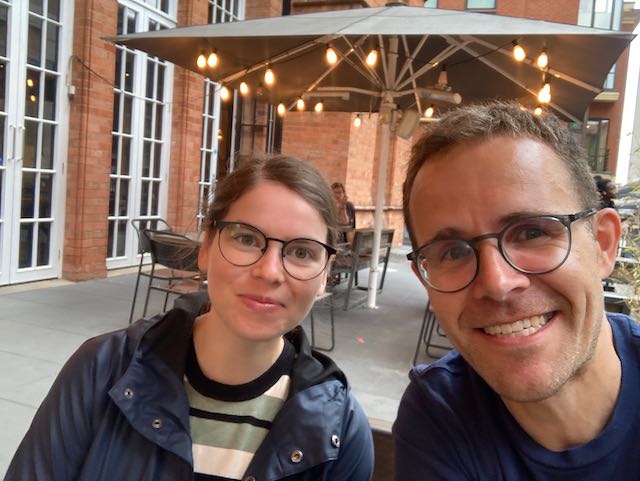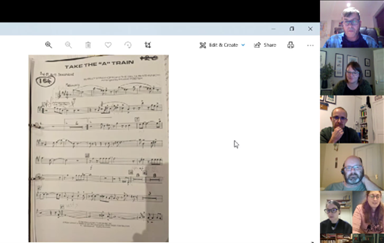Reflections
When the eight participants in this project came together in
September 2021, none of us knew each other. While we all identified as being and becoming academics of working-class
heritage (WCH), we were quite a heterogeneous group. Five of us identified as
being female and three as being male. There were a range of ages stretching
from the 30s to the 50s. Geographically, we originated from an array of urban
and rural spaces across the four UK nations, and Eastern Europe. In terms of
ethnicity, everyone within this self-selecting group identified as white.
Most of our interactions and discussions were carried out
via Teams. However, on some occasions, different people within the groups met
outside of our virtual inquiry space. Some of the group came together for EuroSoTL in Manchester in May 2022, where we presented our experiences as a developing community of inquiry. Through our work, we
have highlighted that a key component for any groups such as this to work is
the need for trust, particularly when sharing intimate memories tinged with
pain, trauma and joy. Without the trust, approaches such as this one are less likely to be meaningful.
At the conceptual heart of this project was a commitment to
create narrative encounters as a means of keeping meaning open and developing
new understandings (Goodson and Gill, 2011). The narrative encounter is an unsettling one as it asks
people to be attentive to how the stories of others shape their own stories and potentially tell them something different about others as well as themselves.
The notion of unsettling is synonymous with rupture that leads to complicating
actions needed for stories to move forward, maintaining the interest of the
listener or reader. With the intention of causing disequilibrium in the hope it
would lead to moments of interrogation, there was always the concern that this
process would cause emotional dissonance. Therefore, the ethical dimensions of
the study were constantly visible, acting as a reminder to care for each other
and our stories.

